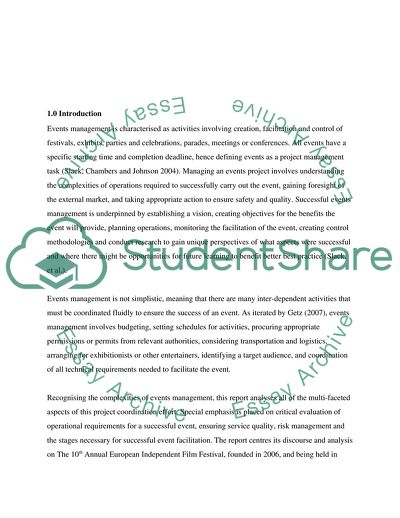Cite this document
(Managing Events for Tourism and Hospitality Report, n.d.)
Managing Events for Tourism and Hospitality Report. https://studentshare.org/tourism/1864871-managing-events-for-hospitality-and-tourism
Managing Events for Tourism and Hospitality Report. https://studentshare.org/tourism/1864871-managing-events-for-hospitality-and-tourism
(Managing Events for Tourism and Hospitality Report)
Managing Events for Tourism and Hospitality Report. https://studentshare.org/tourism/1864871-managing-events-for-hospitality-and-tourism.
Managing Events for Tourism and Hospitality Report. https://studentshare.org/tourism/1864871-managing-events-for-hospitality-and-tourism.
“Managing Events for Tourism and Hospitality Report”. https://studentshare.org/tourism/1864871-managing-events-for-hospitality-and-tourism.


